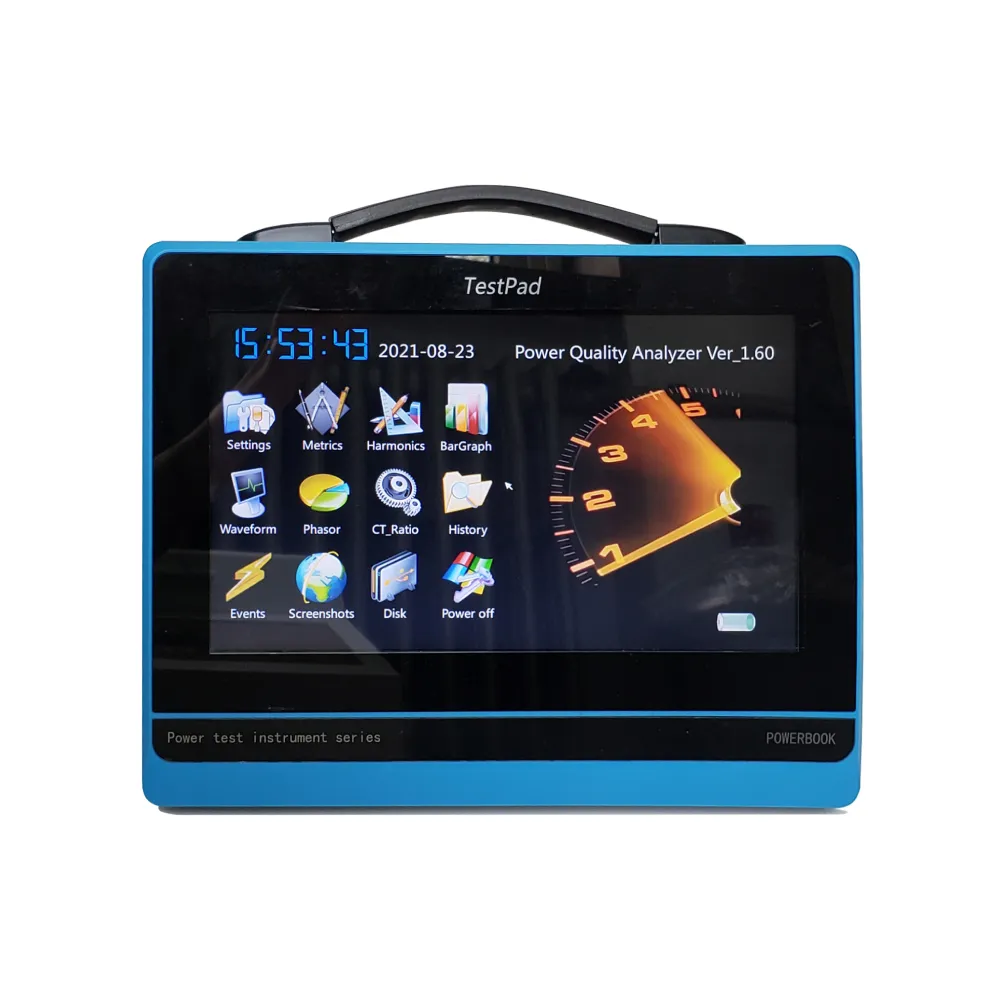 English
English


A Comprehensive Approach Using Gas Chromatography and Mass Spectrometry Techniques for Analysis
Gas Chromatography-Mass Spectrometry A Powerful Analytical Technique
Gas chromatography-mass spectrometry (GC-MS) is a sophisticated analytical method that combines the principles of gas chromatography (GC) and mass spectrometry (MS) to identify and quantify compounds within a sample. This powerful technique has gained immense popularity in various fields, including environmental science, pharmaceuticals, food safety, and forensics, due to its precision, sensitivity, and ability to analyze complex mixtures.
The Principles of GC-MS
Gas chromatography is the first stage of the GC-MS process. In GC, a gaseous sample is introduced into a chromatographic column, where it interacts with a stationary phase. The sample's components are separated based on their volatilities and affinities to the stationary phase. As the components travel through the column at different rates, they emerge at different times, known as retention times.
Once the separation is complete, the eluted compounds enter the mass spectrometer for the second phase of analysis. Mass spectrometry operates on the principle of ionizing chemical species and sorting the resulting ions based on their mass-to-charge ratios (m/z). The sample is bombarded with electrons, causing ionization. The ions are then accelerated through an electric field and analyzed, providing a mass spectrum that reveals the identity and abundance of each compound in the sample.
Applications of GC-MS
The applications of GC-MS are diverse and far-reaching, addressing complex challenges across multiple industries
1. Environmental Analysis GC-MS plays a crucial role in monitoring environmental pollutants. It can detect trace levels of pesticides, herbicides, and other contaminants in soil, water, and air, providing data critical for regulatory compliance and ecological studies.
2. Pharmaceuticals In the pharmaceutical industry, GC-MS is used for drug testing and quality control. It helps ascertain the purity of compounds, identify active ingredients, and detect impurities in drugs, ensuring safety and efficacy.
gas chromatography mass spectrometry method

3. Food Safety GC-MS is essential for food analysis, especially in detecting additives, preservatives, and contaminants such as pesticides and heavy metals. This method helps maintain food safety standards and protects consumer health.
4. Forensic Science In forensic applications, GC-MS assists in identifying substances found at crime scenes, including drugs, alcohols, and poisons. Its ability to analyze complex biological samples such as blood, urine, and tissue makes it invaluable for toxicological investigations.
5. Metabolomics This emerging field explores metabolic profiles in biological samples to understand physiological and pathological conditions. GC-MS is instrumental in metabolomics due to its high sensitivity and ability to analyze volatile and semi-volatile metabolites.
Advantages of GC-MS
The combination of gas chromatography and mass spectrometry endows GC-MS with several advantages
- High Sensitivity and Resolution GC-MS can detect compounds in extremely low concentrations (parts per trillion), making it ideal for trace analysis. - Nondestructive Analysis Unlike some other techniques, GC-MS allows for the recovery of analytes for further analysis or testing. - Quantitative and Qualitative Analysis GC-MS can provide both quantitative data (concentration of compounds) and qualitative data (identity of compounds) simultaneously. - Wide Range of Applications Its versatility allows it to be applied in various fields, making it a go-to method for many analytical challenges.
Conclusion
Gas chromatography-mass spectrometry stands at the forefront of analytical chemistry, offering unparalleled capabilities for the separation and identification of chemical compounds. With its robust applications spanning environmental science, pharmaceuticals, food safety, forensic investigations, and beyond, GC-MS remains an indispensable tool for researchers and analysts. As technology continues to advance, GC-MS is likely to evolve further, enhancing its applications and efficiency in the analytical landscape. Its ability to decipher the complexities of chemical mixtures ensures that GC-MS will play an essential role in scientific discovery and safety for years to come.
-
Differences between open cup flash point tester and closed cup flash point testerNewsOct.31,2024
-
The Reliable Load Tap ChangerNewsOct.23,2024
-
The Essential Guide to Hipot TestersNewsOct.23,2024
-
The Digital Insulation TesterNewsOct.23,2024
-
The Best Earth Loop Impedance Tester for SaleNewsOct.23,2024
-
Tan Delta Tester--The Essential Tool for Electrical Insulation TestingNewsOct.23,2024





